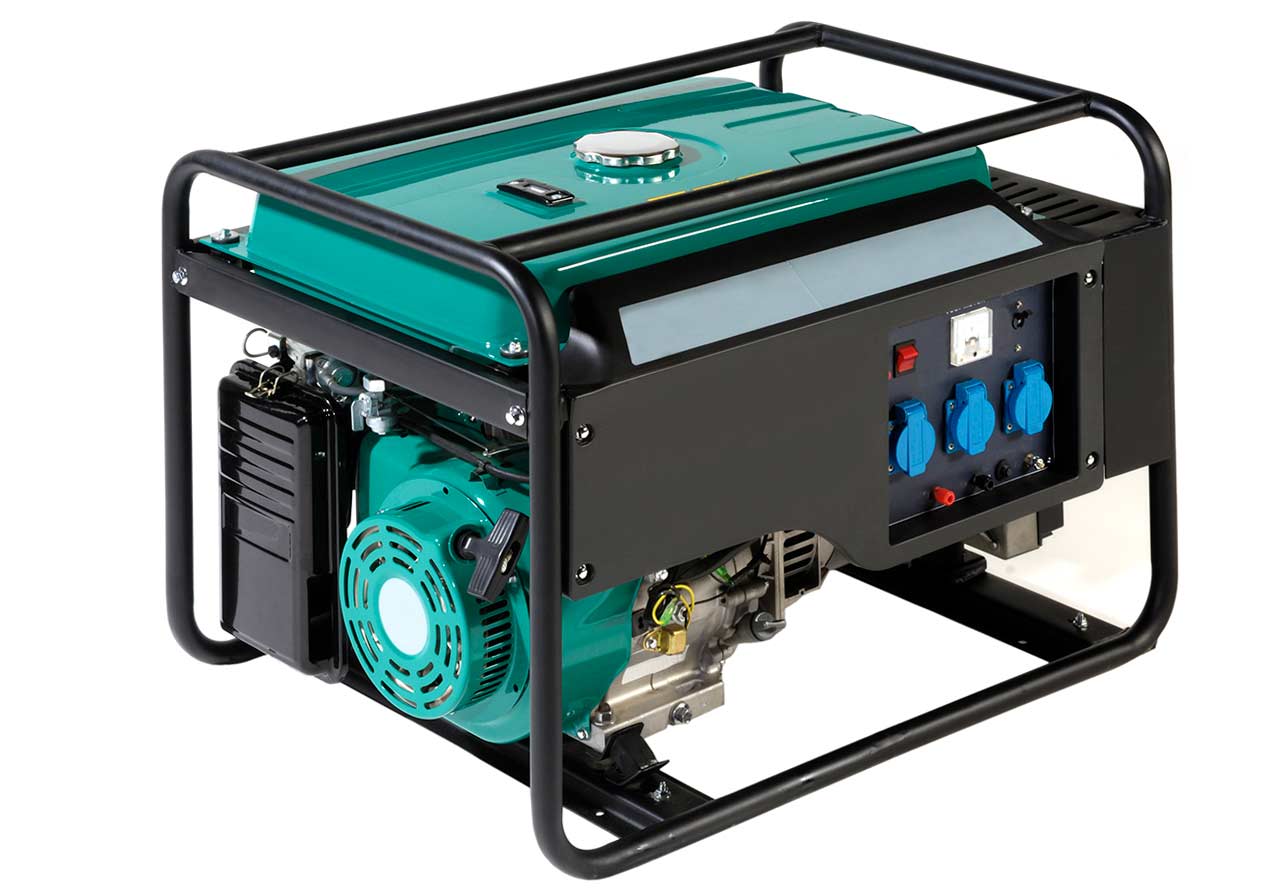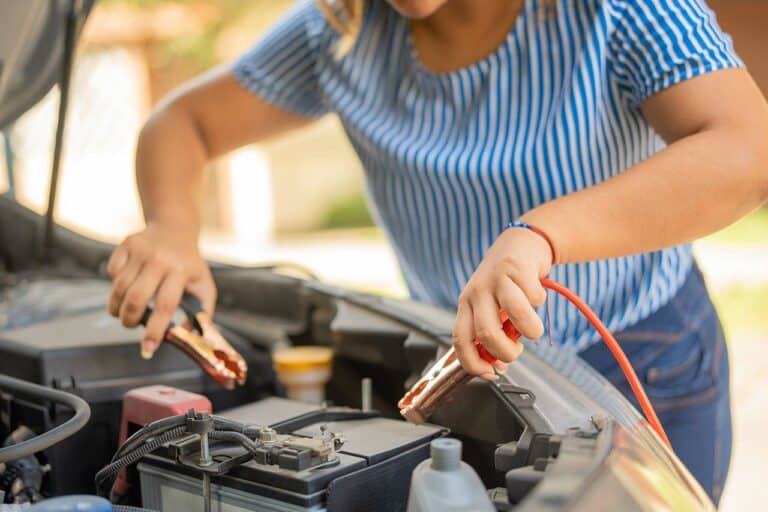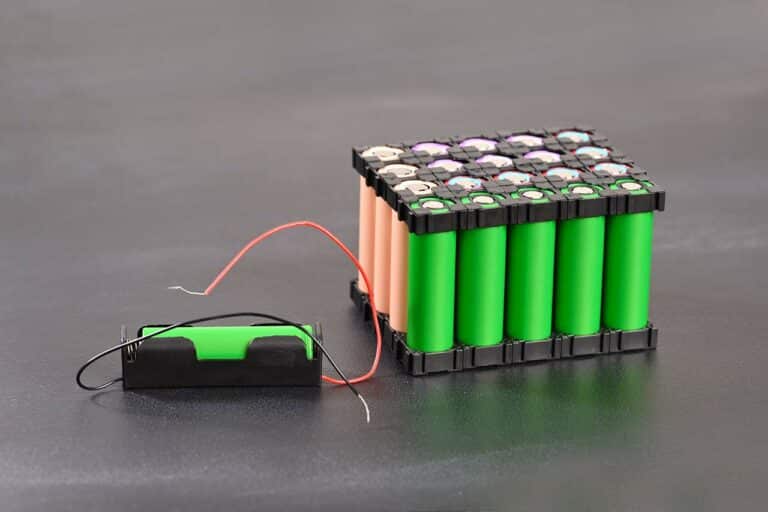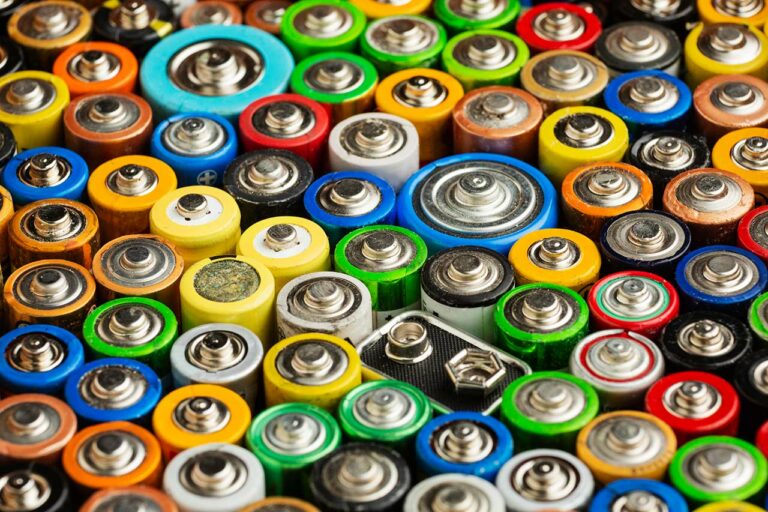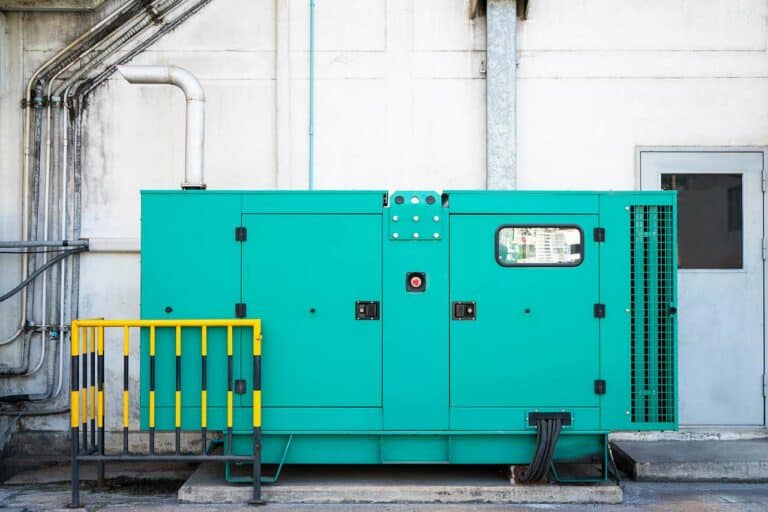Propane vs Natural Gas Generator Differences Explained
So, you’re considering getting a backup generator and you’re unsure whether to choose propane or natural gas? Well, it’s a good question to weigh. Both options have their own set of advantages, and each fuel type fills specific needs. Let’s get into the differences between them so you can make an informed decision.
Propane vs Natural Gas Generators
Propane generators rely on propane gas, typically stored in portable tanks, and are known for being eco-friendly with clean-burning properties. They operate quietly, have fewer emissions, and leave a smaller carbon footprint compared to other fuels.
Natural gas generators, on the other hand, use natural gas from pipelines or underground storage tanks and are also clean-burning, with portable and stationary options available.
When you’re deciding between propane and natural gas generators, there are a few key differences to consider.
Accessibility and Storage
Propane generators provide more accessible means of fueling, as propane can be stored in tanks indefinitely without losing its potency. Natural gas is supplied through underground pipelines, so there’s no need to worry about storage. However, natural gas generators may not be an option if you live in a remote area without pipeline access.
Reliability
Both propane and natural gas generators are reliable, but propane generators generally have fewer moving parts, which can mean less maintenance in the long run and a longer lifespan.
Flammability
Natural gas is lighter than air, so it tends to dissipate quickly, reducing the risk of explosion. Propane is heavier than air, which means it can pool in low areas, potentially creating a hazardous situation. Both types of generators do have safety features and precautions in place to mitigate these risks.
Convenience
If you have natural gas already piped to your home, it’s more convenient to install a natural gas generator. Propane generators require a separate tank to store the fuel, which needs to be refilled periodically.
Safety
Both propane and natural gas generators have built-in safety features, such as shut-off valves and leak detectors. Regular maintenance checks and following the manufacturer’s guidelines will help ensure your generator remains safe to operate.
Portability
Propane generators are typically more portable as they rely on portable propane tanks for fuel. Natural gas generators need to be connected to a gas line, which may limit their portability.
Efficiency and Emissions
When it comes to efficiency, natural gas generators typically edge out propane generators. They’re designed to run more efficiently, which means lower fuel consumption and fewer emissions.
But that’s not the whole story. Propane generators do their part too. They burn cleaner than gasoline or diesel, making them a more eco-friendly option than other fossil-fuel-powered generators. This means fewer harmful emissions like carbon monoxide, and ultimately, a smaller carbon footprint.
Here’s a quick breakdown of some key differences:
- Efficiency: Natural gas generators consume less fuel, making them more efficient than propane generators.
- Emissions: Propane generates cleaner-burning emissions than gasoline or diesel generators.
- Carbon Monoxide: Natural gas generators emit lower amounts of this harmful gas compared to propane ones.
Run Time and Power Output
When it comes to choosing between propane and natural gas generators, an important factor to consider is the run time and power output.
Propane generators use propane gas typically stored in portable tanks. The larger the tank, the longer the generator can run. However, propane has a lower energy output compared to natural gas, which means you might need more propane to generate the same amount of power as natural gas. In terms of BTUs (British Thermal Units, used to measure energy output), propane has around 2,500 BTUs per cubic foot, while natural gas offers approximately 1,000 BTUs per cubic foot. This means that propane has a higher energy density than natural gas.
Natural gas generators rely on a continuous supply of natural gas from pipelines or underground storage tanks. This ensures that as long as the natural gas supply remains uninterrupted, the generator can keep running. The power output of natural gas generators is typically higher, given that its energy content is greater than that of propane.
Keep these factors in mind when choosing between a propane and natural gas generator. There’s no one-size-fits-all solution, as your specific needs may vary. Consider your intended use, energy efficiency requirements, and accessibility to fuel sources when making your decision.
Cost Considerations
When deciding between a propane and natural gas generator, it’s essential to consider the costs involved, and, keep in mind, those costs go beyond the initial purchase price.
Initial Investment
Generally speaking, propane generators tend to be a bit more expensive than their natural gas counterparts. Though prices can vary depending on the brand, size, and features of the generator. It’s a good idea to shop around and compare the costs of different models. Don’t forget to factor in installation costs
Fuel Costs
Fuel cost is a significant factor to consider, as it directly impacts the long-term running costs of your generator. Most of the time natural gas is cheaper than propane, but this can vary based on your location and local fuel costs. It’s smart to check the current prices in your area and calculate the differences.
Pro Tip: Keep in mind that natural gas prices are generally more stable than propane prices, which can fluctuate more frequently.
Maintenance and Lifespan
Both propane and natural gas generators require regular maintenance to ensure they’re running efficiently and smoothly. However, propane generators might have a slight edge here, as they tend to produce less carbon buildup in the engine. This means they need less frequent maintenance and have a longer service life.
Maintenance and Repair
As stated above, both propane and natural gas generators require regular maintenance, but there are some variations in that maintenance. Here’s a rundown:
Regular Maintenance
Just like your car or anything with an engine, generators need to be checked and maintained regularly. Both types of generators require similar upkeep – oil and filter changes, spark plug replacements, and keeping a keen eye on fuel lines and connections. Stick to the manufacturer’s recommendations to keep your generator in tip-top shape.
Repair
In the long run, no matter how well you maintain it, things on your generator will wear out or break. You might find that propane generators have fewer problems with their fuel systems due to the cleaner burn of propane, while natural gas generators can develop issues from sediment build-up in the lines.
Most issues with fuel lines can be prevented with regular fuel system cleaning.
Life Expectancy
Your generator’s longevity depends on how well you take care of it. Generally, natural gas and propane generators have similar life expectancies – around 3,000 to 5,000 hours of use – which can translate into 15 to 20 years if you keep up with maintenance and don’t run them 24/7.
Longevity Factors
The relatively long lifespans of propane and natural gas generators are a good thing, since these puppies aren’t cheap and you’ll want to ensure your investment lasts. Factors that can impact the longevity of your generator include the frequency of use, environmental conditions, and that all-important maintenance we talked about. Keeping your generator in a well-ventilated space, protecting it from extreme temps, and regularly attending to its needs will ensure it serves you well for years to come.
Remember, taking care of your generator is a worthy investment. Stick to a consistent maintenance schedule, address issues as they come up, and you’ll have a reliable source of backup power when you need it most.

